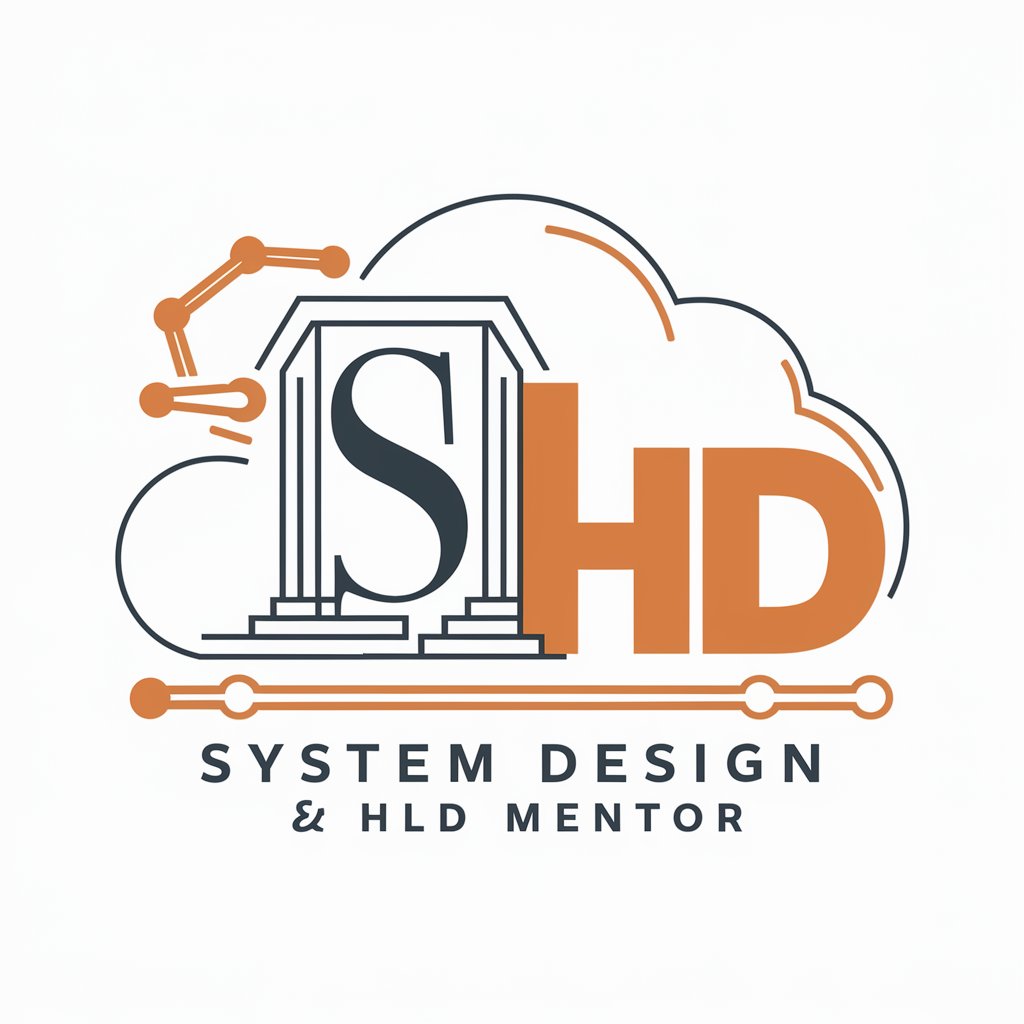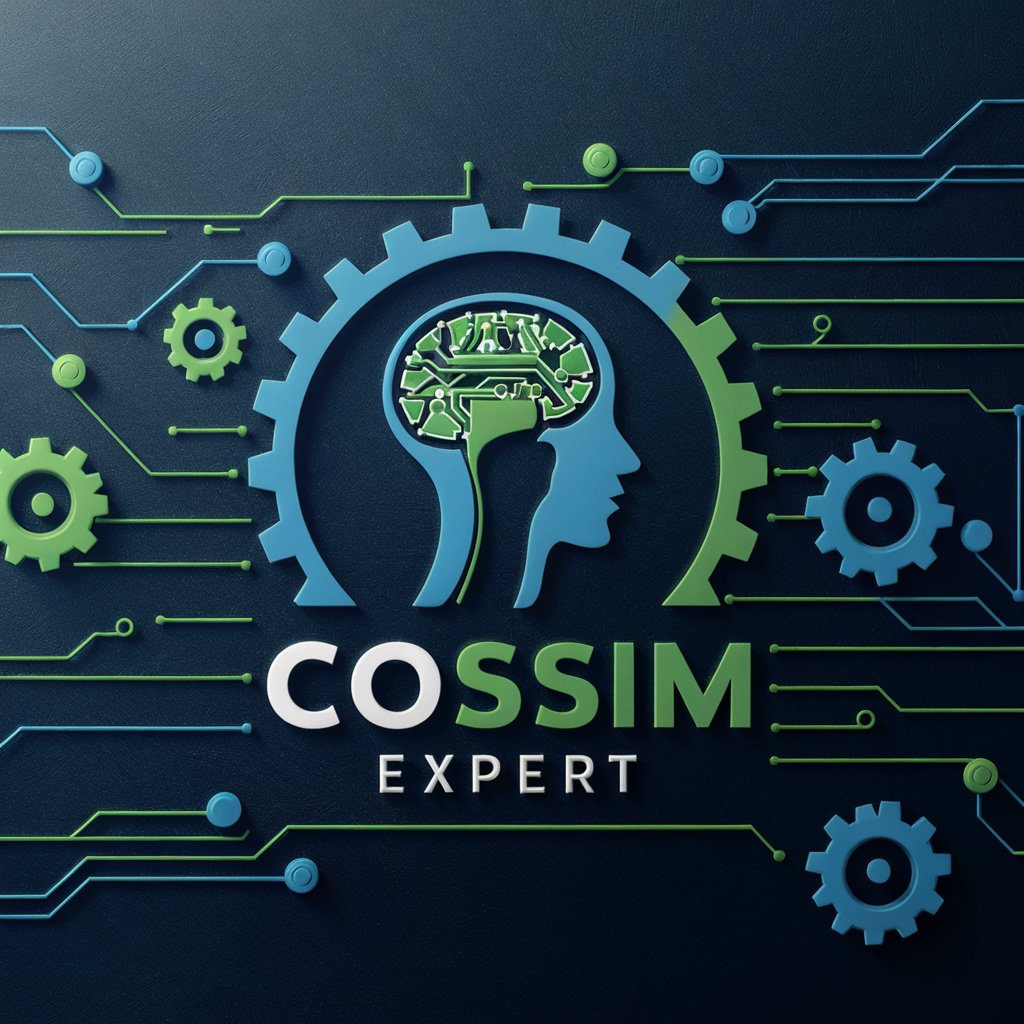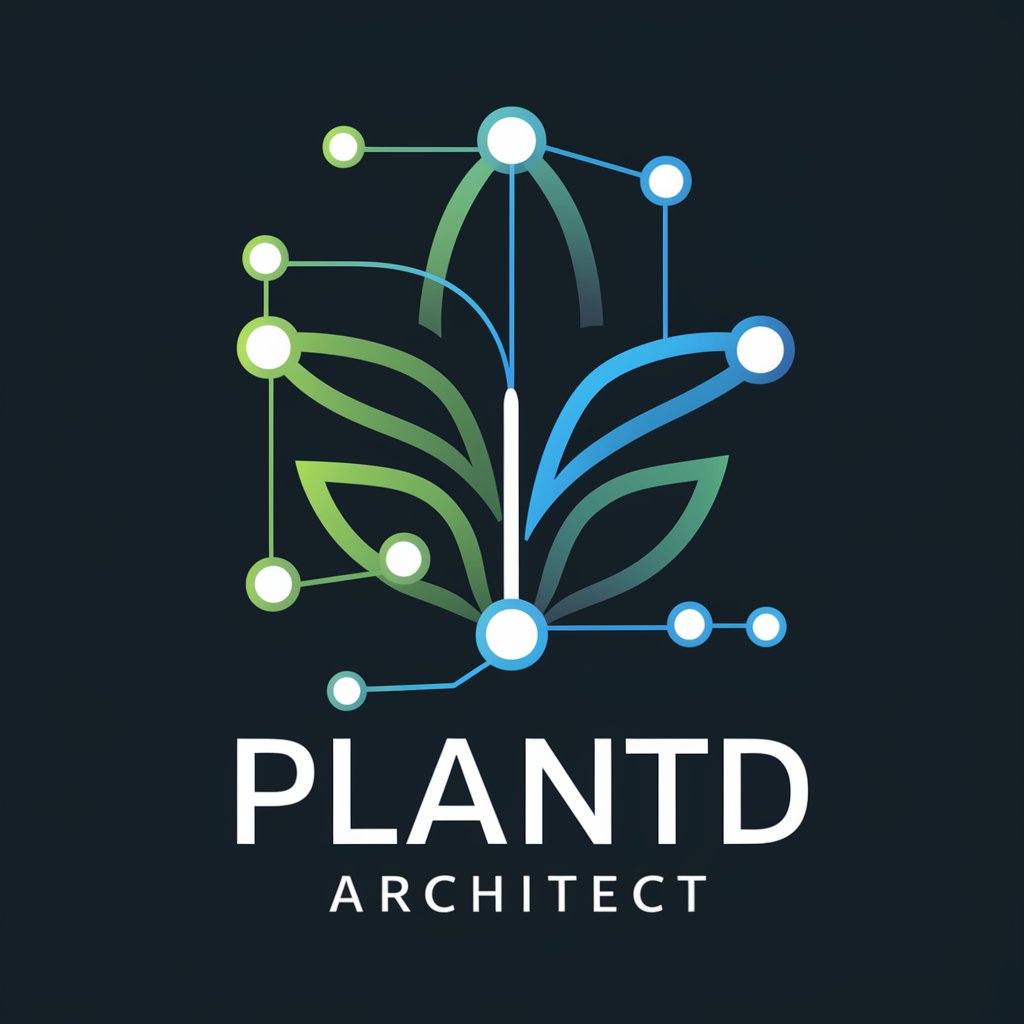4 GPTs for Distributed Systems Powered by AI for Free of 2025
AI GPTs for Distributed Systems are advanced artificial intelligence models specialized in handling tasks and challenges within distributed computing environments. These Generative Pre-trained Transformers are tailored to understand, analyze, and generate solutions for the complex scenarios encountered in distributed systems. They play a pivotal role in automating and optimizing operations, fault tolerance, load balancing, and data consistency across various nodes in a network. Their relevance stems from their ability to process and synthesize vast amounts of distributed systems-related data, providing insights and solutions that are specific to the needs of these architectures.
Top 4 GPTs for Distributed Systems are: System Design HLD Mentor,System Design Tutor,COSSIM Expert,Plantd Architect
System Design HLD Mentor
AI-powered System Design Expertise

System Design Tutor
Master System Design with AI-Powered Guidance

COSSIM Expert
Optimize complex systems with AI-driven simulations.

Plantd Architect
Empowering scalable, real-time system messaging with AI.

Key Attributes of AI GPTs in Distributed Environments
AI GPTs tools for Distributed Systems boast several unique features that set them apart. These include advanced natural language processing capabilities to interpret technical documentation and user queries, machine learning algorithms for predictive analysis and anomaly detection in network operations, and the flexibility to integrate with various distributed computing platforms. Special features also encompass their adaptability to different levels of complexity, from offering simple explanations to performing in-depth technical analysis, and their ability to learn from new data, thereby improving over time.
Who Benefits from Distributed Systems AI Tools
The primary beneficiaries of AI GPTs for Distributed Systems include novices seeking to understand distributed computing concepts, developers and IT professionals working on distributed system architecture and maintenance, and researchers analyzing distributed systems for academic purposes. These tools are designed to be accessible to individuals without programming skills, offering user-friendly interfaces, while also providing extensive customization options and technical depth for experienced programmers and system architects.
Try Our other AI GPTs tools for Free
Scriptural Study
Explore the depths of sacred texts with AI GPTs for Scriptural Study, your digital companion in unlocking profound religious insights and interpretations.
B2B Networking
Discover how AI GPTs revolutionize B2B Networking with adaptable, efficient solutions for improved communication, analysis, and decision-making.
Sales Funnels
Discover how AI GPTs can revolutionize your sales funnel with automation, analysis, and personalized customer engagement to drive efficiency and increase sales.
Mentoring Skills
Discover how AI GPTs for Mentoring Skills can transform your learning journey, offering personalized, adaptive mentoring experiences to foster growth and development.
Game Cheats
Unlock the full potential of your gaming experience with AI GPTs for Game Cheats, offering dynamic strategies, cheat codes, and insights tailored to your gaming needs.
Strategy Guides
Discover how AI GPTs for Strategy Guides can revolutionize strategic planning with tailored solutions, predictive analytics, and user-friendly interfaces, making informed decision-making accessible to all.
Enhanced Perspectives on AI for Distributed Systems
AI GPTs bring customized solutions to various sectors within distributed systems, enhancing efficiency and reliability. Their user-friendly interfaces make them accessible to a broad audience, while their adaptability allows for seamless integration with existing systems, improving decision-making, system management, and operational workflows.
Frequently Asked Questions
What exactly are AI GPTs for Distributed Systems?
AI GPTs for Distributed Systems are AI models designed to address the specific needs and challenges of distributed computing environments, offering tailored solutions and optimizations.
How do these AI tools adapt to different complexity levels in distributed systems?
They utilize advanced algorithms and learning capabilities to scale their analysis and solutions from basic conceptual explanations to complex system diagnostics and optimization strategies.
Can non-programmers use these AI GPTs effectively?
Yes, these tools are designed with user-friendly interfaces that allow non-programmers to access, understand, and benefit from their capabilities without requiring coding skills.
What makes AI GPTs suited for distributed systems?
Their ability to process large-scale, distributed data and adapt to the dynamic nature of distributed systems makes them particularly effective for this domain.
Are there customization options for developers?
Yes, developers can access APIs and programming interfaces to customize and integrate the AI tools into their existing systems or workflows.
How do AI GPTs for Distributed Systems improve over time?
They continuously learn from new data inputs and interactions, allowing them to enhance their accuracy and efficiency in problem-solving and optimization tasks.
Can these AI tools integrate with any distributed computing platform?
While they are designed for broad compatibility, specific integration capabilities depend on the tool and platform in question, with many tools offering extensive support for popular platforms.
What are the potential applications of AI GPTs in distributed computing?
Applications range from automated system diagnostics and optimization, load balancing, fault tolerance strategy formulation, to predictive maintenance and anomaly detection.